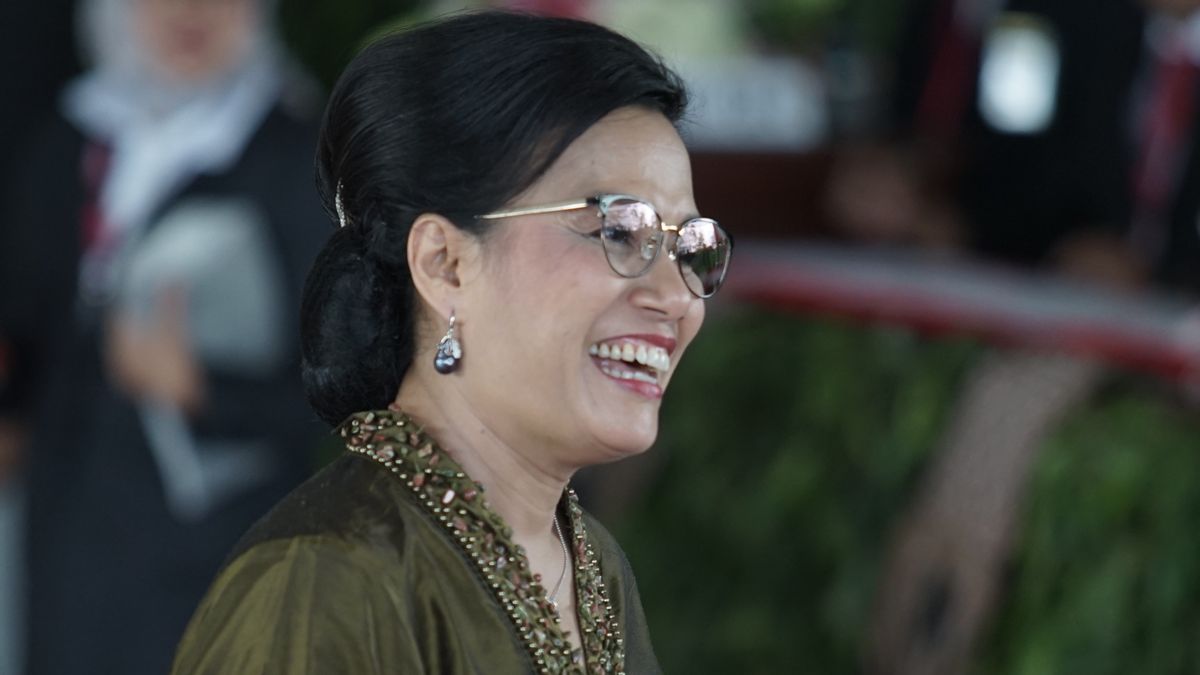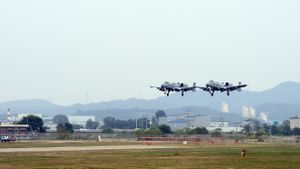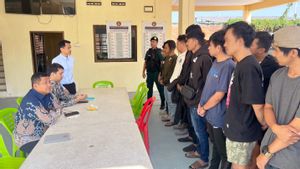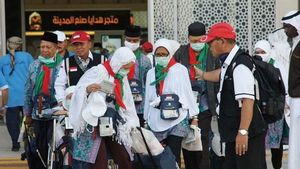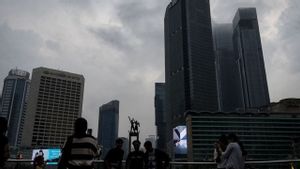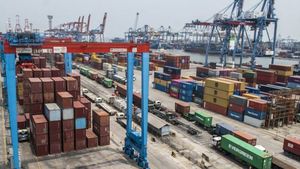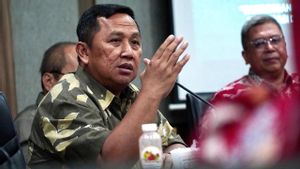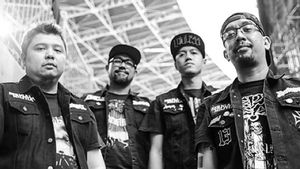JAKARTA - Finance Minister Sri Mulyani Indrawati said spending on social assistance (bansos) will be disbursed more quickly in the first quarter of 2020 to maintain people's purchasing power.
"The president has asked the minister to make maximum use of fiscal instruments, especially in January to support the economy, including social assistance," he said in Jakarta, Thursday 2 January.
The social assistance program includes the Smart Indonesia Program (PIP), the National Health Insurance Program (JKN-KIS), the Family Hope Program (PKH), and Social Assistance Rastra / Non-Cash Food Assistance.
According to the Minister of Finance, the disbursement of social assistance includes scheduled programs, namely the family hope program (PKH) and prosperous rice as well as village funds which are made faster in the first quarter of this year.
The goal, he said, was for self-defense for the people from the influence of the global economy because it was a challenge that was not easy to observe the projections of the world economy that had not fully recovered.
This faster disbursement of social assistance is also expected in anticipation after the increase in cigarette excise rates and BPJS Health dues which became effective on January 1, 2020. Previously, the government decided to increase cigarette excise rates by 23 percent, and retail selling prices to 35 percent.
The minister explained that the government had considered the decision from the industrial, labor, to the agricultural sector. In addition, the government has also adjusted the BPJS Health fees for January 1, 2020.
The amount of contribution for Contribution Aid Recipient (PBI) participants covered by the APBN and participants registered by the local government (regional PBI) is IDR 42 thousand and comes into effect on 1 August 2019.
The central government has provided funding assistance to local governments of IDR 19 thousand per participant per month since August 2019 to cover the difference in the increase in contributions in 2019.
The same amount, namely Rp. 42 thousand, is also set for participants who do not receive wages (PBPU) and participants for non-workers (BP) with class III services.
Meanwhile for PBPU and Non-Workers, the class II membership is IDR 110 thousand, and the class I membership is IDR 160 thousand. The amount of fees for PBPU and BP participants will take effect from January 1, 2020.
While the amount of contributions for Wage Recipient Workers (PPU) participants, both ASN, TNI-Polri, BUMN employees, and private employees, is five percent of wages per month, with a maximum wage of Rp. 12 million.
The five percent stipulation is that four percent is paid by the employer, and one percent is paid by participants through a deduction of wages.
Provisions for the amount of dues for participants in PPU ASN, TNI-Polri, BUMN employees, come into effect as of October 1, 2019. Meanwhile, PPU from private enterprises will take effect as of January 1, 2020.
The English, Chinese, Japanese, Arabic, and French versions are automatically generated by the AI. So there may still be inaccuracies in translating, please always see Indonesian as our main language. (system supported by DigitalSiber.id)
